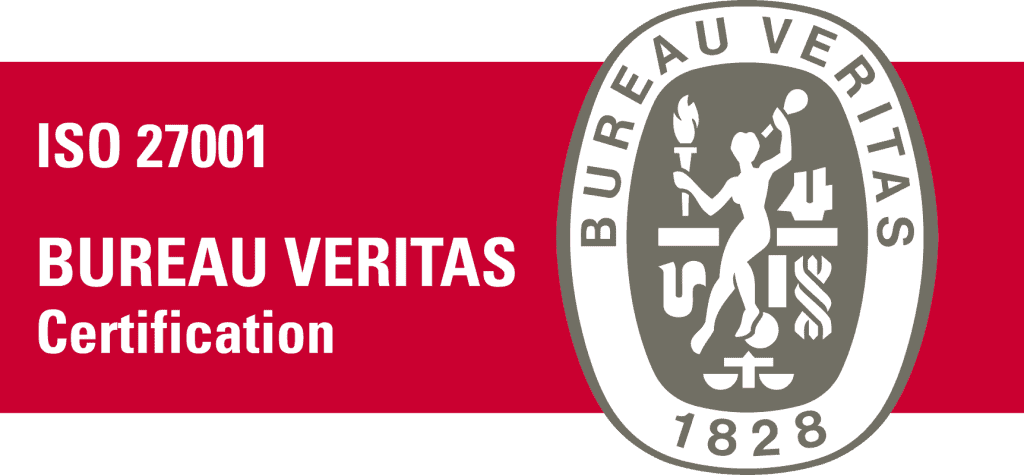
Consultants are professionals who advise companies on different aspects of their business. The lower levels of the pyramid are more familiar with their work and are therefore more sought after by clients. However, many aspire to reach higher levels. Listed below are some of the different types of consulting jobs and their corresponding job descriptions.
Business consultant job description
A business consultant's job is to help a company find ways to improve its operations. This could include helping the company merge or making other structural changes. They can also act as middle management, providing support and focusing on the improvement of day-today operations. A business consultant will take an inventory of a company's current operations and identify any problems. Consultants can help companies find ways to increase production and improve efficiency.
A business consultant works in the corporate world on a contractual or permanent basis. They are often experienced in a particular industry, and they use their expertise to improve a company's operations. They meet with leaders and heads of department to discuss business goals. They also conduct assessments and help companies develop ongoing budgets.

How to choose a consultant firm
Consulting firms can be a great option if you need help with your business. These businesses specialize in providing solutions for different business problems, and they can also provide advice on running the business successfully. It is crucial to choose the right company for your business' success. You must ensure that the firm is qualified and has the appropriate experience for your specific needs.
The best consulting firms will be efficient and provide results that you are happy with. You shouldn't pick a large, sprawling company just because they offer a low price and will say yes to everything. It is important to find someone who is able to solve your problem and not just tell you what you want. The firm should be able assess your company problem and offer you the best options.
Culture is another thing to consider. One of the biggest challenges in a project is if a company you choose to work with doesn't fit your cultural needs. Check with the company to make sure that you're a good cultural match. Doing so will help you work more effectively with them and create a better client-consultant rapport.
Choose a specialty
A key step in building your brand is choosing a niche for your consulting business. You can cut costs and increase productivity by focusing your efforts on a single industry. You should choose an industry that's stable and growing. You won't be outdated if you choose an industry that is stable and growing. You will gain credibility in your chosen specialty, which is crucial for your brand's positioning.

A decision to focus on one area of expertise will limit your work and allow you to charge more. After all, clients will pay you for your deep expertise in a particular area.
FAQ
What can I anticipate from my consultant
After you have selected your consultant, expect to hear from them within a few business days. They will request information about your company including its mission and goals, products, services, budget, and other pertinent details. They will then send you a proposal that outlines the scope of work and estimates timeframe, fees, deliverables, milestones and other details.
If everything is in order, then the parties will enter into a written contract. The type and content of the contract will vary depending on whether the relationship is employer-employee/employer-independent contractor.
If everything goes well, the consultant should start work immediately. The consultant will have full access to your files and resources. You'll also have access to their skills and knowledge.
Don't assume that someone who is a consultant knows everything. To become an expert in any field you consult, it takes practice and effort. So, don't expect your consultant to know everything about your business.
What qualifications does a consultant need?
It is not enough to have an MBA degree. You must also have experience as a consultant. You must have at least two years' experience working in consulting and/or training within a large company.
You should have had experience working with senior management to create strategy. This means you'd have to be comfortable presenting ideas to clients and getting buy-in.
A professional qualification exam, such as the Certified Management Consultant (CMC), of the Chartered Management Institute (CMI), is also required.
Is it possible to run a consultancy business from home?
Absolutely! Indeed, many consultants already do this.
Many freelancers work remotely via tools such as Skype, Trello and Basecamp. Many freelancers set up their own office space to avoid missing out on company perks.
Freelancers might prefer to work in libraries or cafés, rather than traditional offices.
And others choose to work from home because they enjoy being surrounded by their children.
Although working from home is a great option, there are some downsides. It is worth it if you love your work.
Statistics
- "From there, I told them my rates were going up 25%, this is the new hourly rate, and every single one of them said 'done, fine.' (nerdwallet.com)
- On average, your program increases the sales team's performance by 33%. (consultingsuccess.com)
- Over 50% of consultants get their first consulting client through a referral from their network. (consultingsuccess.com)
- 67% of consultants start their consulting businesses after quitting their jobs, while 33% start while they're still at their jobs. (consultingsuccess.com)
- WHY choose me: Why your ideal client should choose you (ex: 10 years of experience and 6-week program has helped over 20 clients boost their sales by an average of 33% in 6 months). (consultingsuccess.com)
External Links
How To
What's a typical day like for a Consultant?
Your work type will determine the length of your day. However, the majority of your day will consist of research and planning, meeting clients and preparing reports.
You'll often have meetings with clients where you can discuss issues and solve problems. These meetings can take place over the phone, via email, online, or face to face.
You may also be asked to prepare proposals, which are documents outlining your ideas and plans for clients. You will need to discuss these proposals with a mentor or colleague before you present them to clients.
You will need to create content after all your planning and preparation. You might be creating articles, videos, editing photos, writing interviews, or designing websites.
Based on the scope and complexity of the project you may need research to obtain relevant statistics. For example, you may need to find out how many customers you have and whether they are buying more than one product or service.
Once you have gathered enough information, it's time to present your findings to clients. You can present your findings verbally or in writing.
After your initial consultation with clients, you need to keep in touch. You might contact them regularly to check on their progress or send them emails to confirm they have received your proposal.
Although this process can take time, it is important to stay focused and build good relationships with your clients.